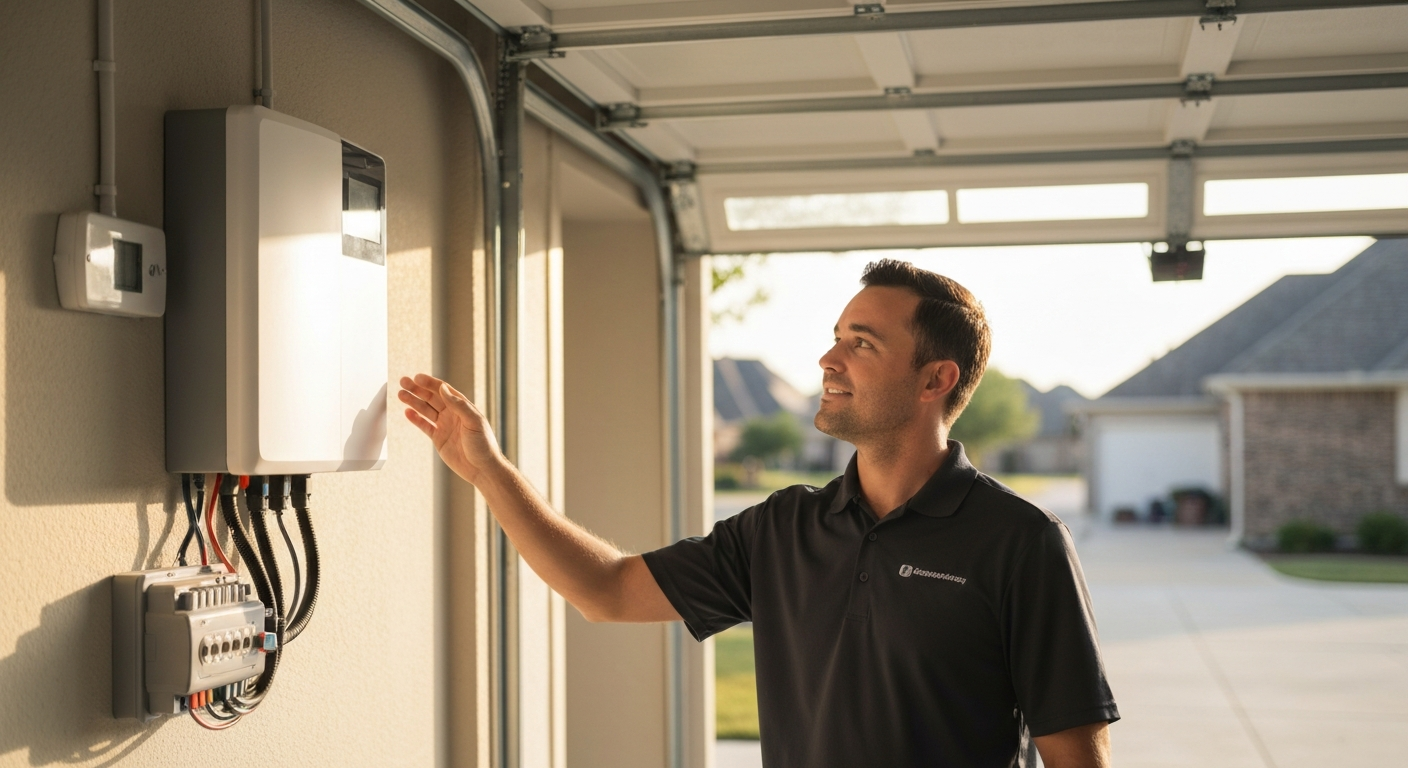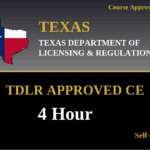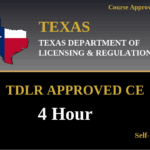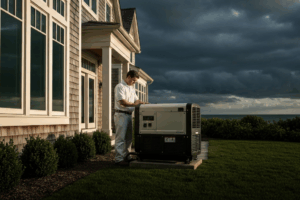
Texas Power Grid: What It Means for Residential Electricians
For Texans, the memory of widespread power outages during extreme weather events is a powerful motivator. The instability of the state’s independent power grid, managed by the Electric Reliability Council of Texas (ERCOT), has shifted homeowner priorities from simple convenience to a critical need for an energy security. This has created a significant and growing market for skilled Texas power grid electricians who can deliver peace of mind through modern energy solutions. For the prepared residential electrician, this new reality isn’t a problem; it’s one of the biggest business opportunities in a generation.
Homeowners are no longer just dealing with flickering lights; they are actively seeking to avoid the consequences of an overloaded grid, such as rolling blackouts and mandated load shedding. The conversation has moved beyond basic repairs and into a new era of home energy management, opening the door for electricians to become essential energy consultants.
The New Demand: From Grid Reliance to Grid Resilience
The core of this new opportunity is the move toward residential grid resilience. Texas homeowners are investing in systems that can protect them from power failures and unpredictable voltage fluctuation mitigation, which involves using equipment like voltage regulators and power conditioners to ensure a stable power supply. This trend translates directly into high-value jobs that go far beyond standard wiring and outlet installations. Electricians are now at the forefront, implementing sophisticated solutions that create self-sufficient homes capable of weathering any storm.
Powering Through: Key Opportunities for Texas Electricians
The demand for energy independence has created several high-growth service areas. Electricians who develop expertise in these technologies will be well-positioned for success in the coming years.
Backup Power’s Enduring Demand: Generators and Transfer Switches
Following major outages, interest in backup power solutions skyrockets. The classic propane generator remains a popular and reliable choice for many households, providing a straightforward path to keeping the lights on. However, the real skill lies in the safe and compliant integration of these systems. A professional transfer switch installation is not just a best practice; it’s a critical safety measure mandated by the National Electrical Code (NEC), as adopted by local jurisdictions in Texas, and local ordinances.
Expertise in installing a generator transfer switch ensures that the home’s electrical system is safely disconnected from the grid during an outage, preventing dangerous back-feeding. As technology evolves, so does the code. For example, understanding the latest NEC rules for generator inlets is crucial for any electrician working in this space. For a deeper dive, electricians can explore how 2023 NEC rules for outdoor generator inlets are impacting portable generator installations.
The Smart Revolution: Residential Energy Storage and Solar
Beyond traditional generators, the market for residential energy storage is booming in Texas. Systems like whole-home battery backup systems, often paired with solar panels, offer a quieter, cleaner, and more integrated solution. Texas is the fastest-growing battery storage market and is projected to add the most capacity of any state. This creates a massive opportunity for the savvy electrician and has given rise to the specialized role of the solar panel electrician, who handles everything from panel installation to battery integration.
This work requires a strong understanding of modern energy systems and their safe connection to the grid. Staying current with NEC updates on interconnection is non-negotiable. Professionals should be familiar with how the 2023 NEC updates interconnection and transfer equipment requirements to ensure every installation is compliant and safe.
The Home’s New Brain: Smart Electrical Panels
At the heart of the modern, resilient home is the smart electrical panel. The market for these advanced panels is growing rapidly as homeowners seek more control over their energy usage. These devices are more than just a box of breakers; they are the central hub for managing power from the grid, solar arrays, and battery storage. For electricians, this means more than a simple circuit breaker replacement; it often involves a full panel upgrade to a system that can intelligently manage a home’s power.
Smart panels allow homeowners to prioritize critical loads during an outage, manage the high demand of EV charging infrastructure, and even participate in demand response programs offered by utilities, which can provide financial incentives. This level of control requires a deep understanding of energy management systems (EMS), and electricians must know how the 2023 NEC handles load calculations with these advanced systems.
Building a Resilient Career and Business
The challenges facing the Texas power grid are a call to action for the state’s electricians. By embracing these new technologies, you can move beyond traditional electrical work and become an indispensable partner for homeowners seeking security and independence. Specializing in high-demand areas like residential energy storage, microgrid installation, or becoming a certified solar panel electrician, for instance by obtaining a credential like those offered by the North American Board of Certified Energy Practitioners (NABCEP), can create a powerful competitive advantage.
Furthermore, offering complementary weatherization services can provide an additional revenue stream and position you as a comprehensive home energy expert. Every installation, from a simple generator to a complex solar-plus-storage system, must be performed in strict accordance with the National Electrical Code (NEC) as adopted by local jurisdictions. Continuous education is the key to staying compliant and competitive.
The role of the residential electrician in Texas is evolving. You are no longer just fixing problems—you are providing solutions. By building expertise in grid resilience, you can build a more profitable and future-proof business. Ensure you stay up-to-date with your continuing education and explore the latest industry advancements by browsing our courses.
Texas Continuing Education Courses
Explore our board-approved continuing education courses for Texas professionals:
View CE RequirementsTexas 2023 NEC changes (Part 1), Texas Safety & Laws
Texas 2023 NEC changes (Part 2), Texas Safety & Laws
Texas 2023 NEC changes (Part 3), Texas Safety & Laws
Protected: Oklahoma: NEC 2023 Topics – Wiring Methods, Theory and Calculations
Disclaimer: The information provided in this educational content has been prepared with care to reflect current regulatory requirements for continuing education. However, licensing rules and regulations can vary by state and are subject to change. While we strive for accuracy, ExpertCE cannot guarantee that all details are complete or up to date at the time of reading. For the most current and authoritative information, always refer directly to your state’s official licensing board or regulatory agency.









